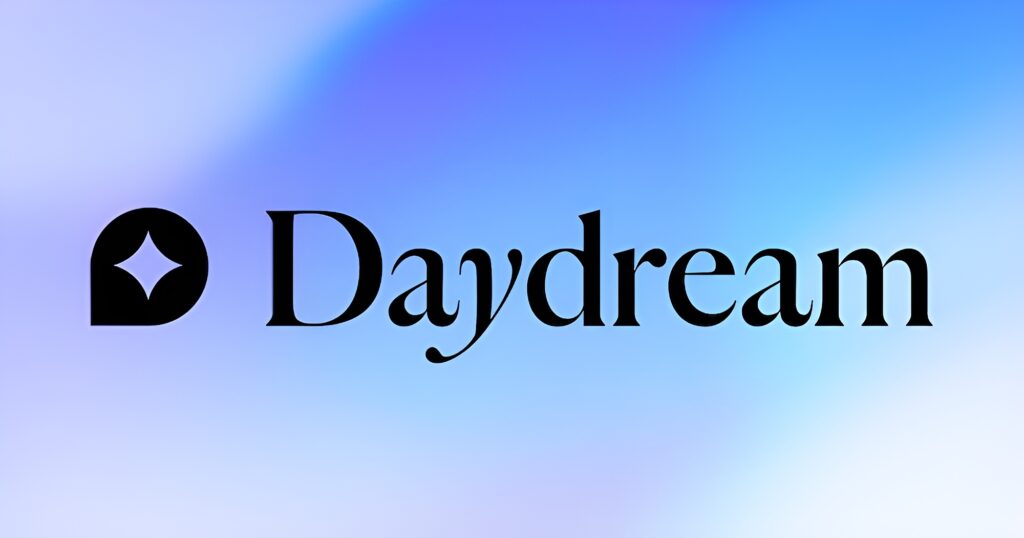AI startup Daydream revolutionises online fashion search
Daydream’s AI refines searches; learning user feedback for better recommendations.

Online shopping for specific items like bridesmaid dresses can be challenging due to overwhelming choices. A new tech startup, Daydream, aims to simplify this. It uses AI to let users search for products by describing them in natural language, making the process easier and more intuitive.
For instance, a user could ask for a ‘revenge dress to wear to a party in Sicily in July,’ or ‘a summer bag to carry to work and cocktails after.’
Daydream, with staff based in New York and San Francisco, represents the latest venture in a growing trend of tech companies utilising AI to streamline and personalise online retail.
Consumer demand for such tools is evident: an Adobe Analytics survey of 5,000 US consumers revealed that 39% had used a generative AI tool for online shopping last year, with 53% planning to do so this year. Daydream faces competition from tech giants already active in this space.
Meta employs AI to facilitate seller listings and to target users with more relevant product advertisements. OpenAI has launched an AI agent capable of shopping across the web for users, and Amazon is trialling a similar feature.
Google has also introduced various AI shopping tools, including automated price tracking, a ‘circle to search’ function for identifying products in photos, and virtual try-on options for clothing.
Despite the formidable competition, Daydream’s CEO, Julie Bornstein, believes her company possesses a deeper understanding of the fashion and retail industries.
Bornstein’s extensive background includes helping build Nordstrom’s website as its vice president of e-commerce in the early 2000s and holding C-suite positions at Sephora and Stitch Fix. In 2018, she co-founded her first AI-powered shopping startup, The Yes, which was sold to Pinterest in 2022.
Bornstein asserts, ‘They don’t have the people, the mindset, the passion to do what needs to be done to make a category like fashion work for AI recommendations.’ She added, ‘Because I’ve been in this space my whole career, I know that having the catalogue with everything and being able to show the right person the right stuff makes shopping easier.’
Daydream has already secured $50 million in its initial funding round, attracting investors such as Google Ventures and model Karlie Kloss, founder of Kode With Klossy. The platform operates as a free, digital personal stylist.
Users can input their desired products using natural language, eliminating the need for complex Boolean search terms, thanks to its AI text recognition technology, or upload an inspiration photo.
Daydream then presents recommendations from over 8,000 brand partners, ranging from budget-friendly Uniqlo to luxury brand Gucci. Users can further refine their search through a chat interface, for example, by requesting more casual or less expensive alternatives.
As users interact more with the platform, it progressively tailors recommendations based on their search history, clicks, and saved items.
When customers are ready to purchase, they are redirected to the respective brand’s website to complete the transaction, with Daydream receiving a 20% commission on the sale.
Unlike many other major e-commerce players, Bornstein is deliberately avoiding ad-based rankings. She aims for products to appear on recommendation pages purely because they are a suitable match for the customer, not due to paid placements.
Bornstein stated, ‘As soon as Amazon started doing paid sponsorships, I’m like, ‘How can I find the real good product?’ She emphasised, ‘We want this to be a thing where we get paid when we show the customer the right thing.’
A recent CNN test of Daydream yielded mixed results. A search for a ‘white, fitted button-up shirt for the office with no pockets’ successfully returned a $145 cotton long-sleeve shirt from Theory that perfectly matched the description.
However, recommendations are not always flawless. A query for a ‘mother of the bride dress for a summer wedding in California’ presented several slinky slip dresses, some in white, alongside more formal styles, appearing more suitable for a bachelorette party.
Bornstein confirmed that the company continuously refined its AI models and gathered user feedback. She noted, ‘We want data on what people are doing so we can focus and learn where we do well and where we don’t.’
Part of this ongoing development involves training the AI to understand nuanced contextual cues, such as the implications of a ‘dress for a trip to Greece in August’ (suggesting hot weather) or an outfit for a ‘black-tie wedding’ (implying formality).
Daydream’s web version launched publicly last month, and it is currently in beta testing, with plans for an app release in the autumn. Bornstein envisions a future where AI extends beyond shopping, assisting with broader fashion needs like pairing new purchases with existing wardrobe items.
She concluded, ‘This was one of my earliest ideas, but I didn’t know the term (generative AI) and I didn’t know a large language model would be the unlock.’
Would you like to learn more about AI, tech, and digital diplomacy? If so, ask our Diplo chatbot!
